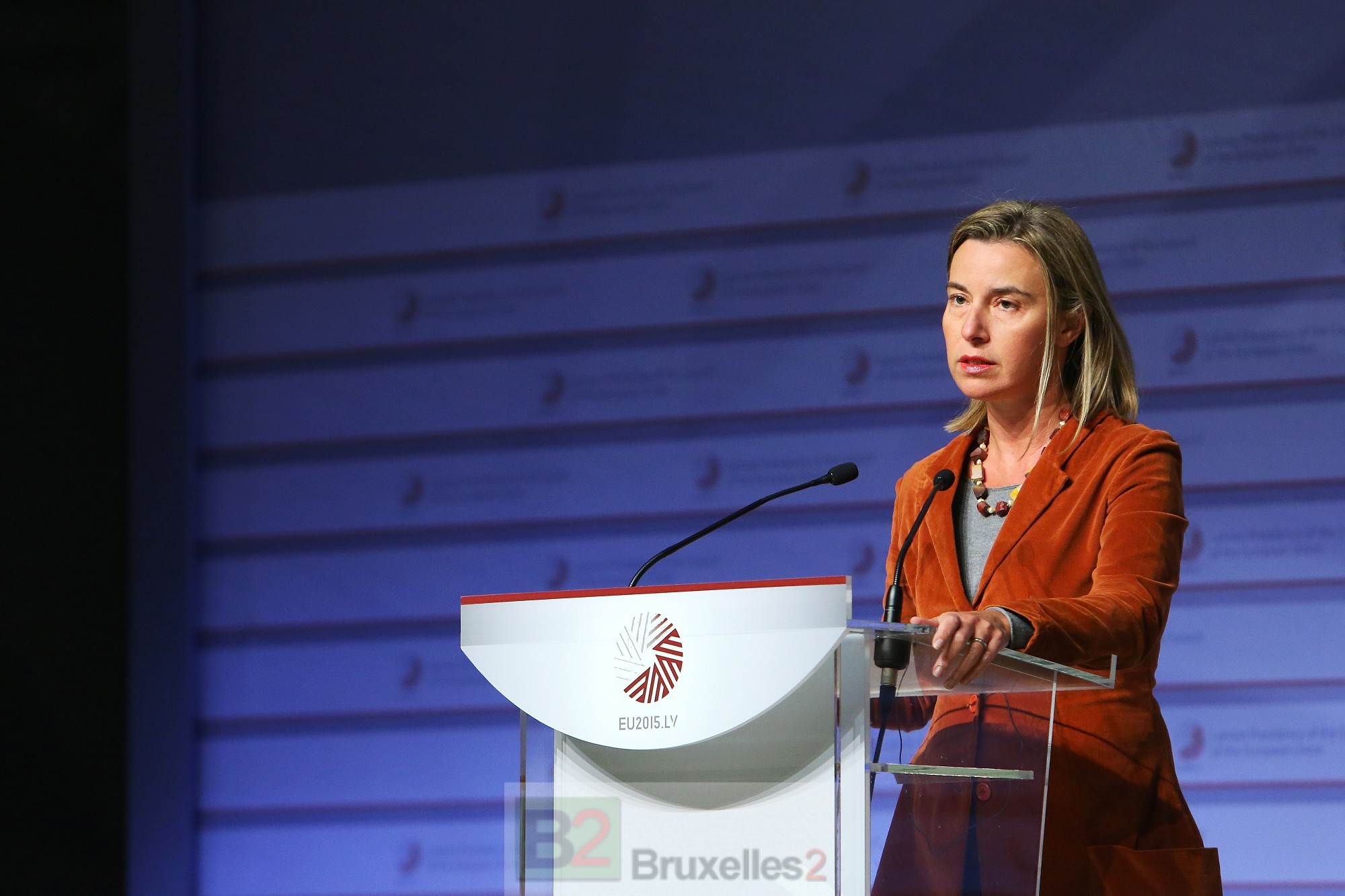CIG 2007. A compromise destined not to be used? Inside story
(B2 - archives) Room 20.45, at the Council of the European Union, a little after 15 p.m. on October 3, the legal experts of the 27 Member States applaud, and congratulate themselves, in the presence of the Portuguese ambassador, who came especially congratulate them, “ on behalf of the Presidency », of the end of their work to revise the draft European treaties.
One false note...
The Polish representative, contrary to diplomatic usage, takes the floor to express his country's (new) reservation on the role of the Court of Justice in criminal cooperation: Poland wants to reflect on the possibility of benefiting from the same freedom of choice than the British, he said. General amazement: the request is ridiculous, Poland does not benefit from any derogation in matters of Justice. The Polish expert remains stoic, accustomed to relaying the often fanciful requests of his government...
A very sensitive point remaining open
The application of the Schengen and Justice and Home Affairs measures by the British was the only subject left open by the 27 in the mandate given to the IGC in June (point 19 L). A very political point, but so sensitive, that the European leaders unanimously preferred " get technically tuned ". It is indeed a new latitude left to the British to no longer apply certain rules of Justice and Home Affairs which is thus put in place. But with a clear framework wanted by the 13 States of the " Schengen lover group (the Friends of Schengen group). To the point that several specialists wonder if this derogation " will one day be applied ».
The JHA derogation: above all a question of display
In fact, the United Kingdom, which participates in a clear majority of the texts (approximately 80%) in the area of Justice and Home Affairs, does not intend to free itself from these obligations. " It's like a nuclear weapon says an expert. " It's only there not to be used. ". This compromise thus allows a very political display of British determination. The 10 downing street (Prime Minister's seat) also approved the latest version of the text and was kept informed, step by step, of the negotiations (one of its experts sat in the room).
About twenty successive versions
No less than 24 successive versions, some purely formal, were necessary to reach this agreement. The original British proposal, presented in July, was " absolutely unacceptable says a diplomat. Many 'bilaterals' had to be organised, first bringing together the presidency (Council and Portugal) with the United Kingdom, then with certain “Schengen Lovers”, and finally trilaterals. The European Commission was associated in certain specific meetings, but not the European Parliament. The solutions (on the Court of Justice) were thus acquired with the agreement of the European executive which considers that “the essential is saved”.
It should be noted that the candidate countries were not involved in any discussion but were kept informed by the Portuguese Presidency of the outcome.
(Nicolas Gros-Verheyde)
article published in Europolitics on 8 October 2007

